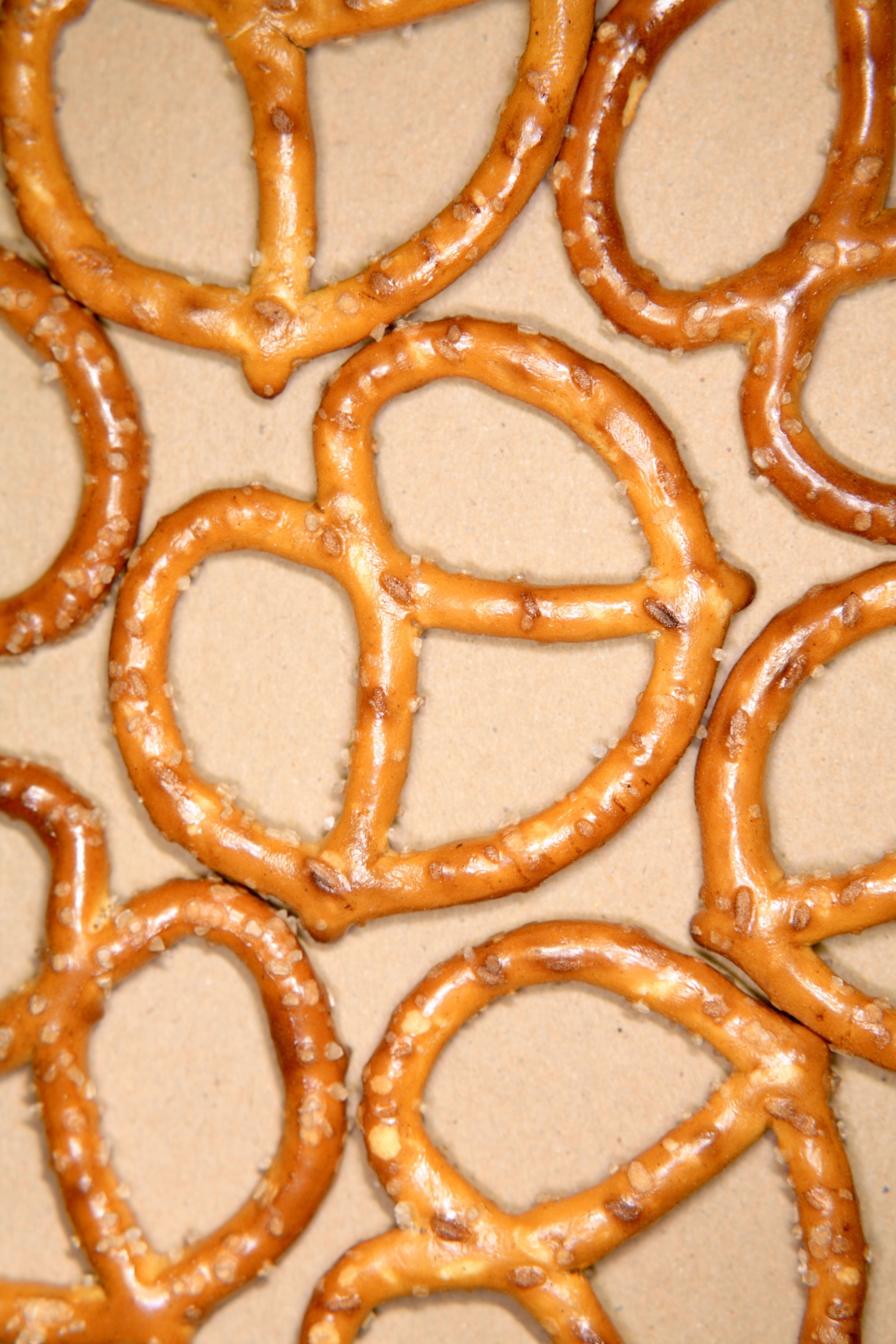
Dr. John M. Morton noticed a strange phenomenon among some of his obese patients after they underwent bariatric surgery: they seemed to taste food differently.
To find out what was going on, Morton, chief of bariatric and minimally invasive surgery at the Stanford University School of Medicine, devised a study looking at 55 bariatric patients and 33 normal-weight people. He measured how well they could identify the five tastes—sweet, sour, bitter, salty and umami—both before and after surgery. The results, presented during ObesityWeek 2014, showed that taste perceptions can change with weight loss.
People who were obese actually did taste food differently—less intensely—than their normal-weight peers. “The clinical implication of that for me was that perhaps the obese patients make up for the taste depreciation through volume,” Morton says. “That’s how they get satisfied.” Overexposure to flavors might lead to tastebud burnout, and when flavors of food aren’t intense, people might have to eat more of it to feel satiated.
After undergoing bariatric surgery, 87% of patients said they had a change in taste, and almost half of them said that food didn’t taste as good, so they ate less. Those who said their tastebuds had dulled lost 20% more weight over three months than their peers who said their tastes got sharper. And, after surgery, people had less of a preference for salty foods.
This is one of the first studies of its kind, Morton says, and more research is needed. But he hopes that mindful eating practices might help restore some taste pleasure in a way that doesn’t contribute to weight gain. “Theoretically, if you teach people to have better appreciation for food—taking your time when you eat and really savoring those flavors—perhaps people will gain satisfaction through appreciation rather than through volume,” he says.
More Must-Reads From TIME
- The 100 Most Influential People of 2024
- The Revolution of Yulia Navalnaya
- 6 Compliments That Land Every Time
- What's the Deal With the Bitcoin Halving?
- If You're Dating Right Now , You're Brave: Column
- The AI That Could Heal a Divided Internet
- Fallout Is a Brilliant Model for the Future of Video Game Adaptations
- Want Weekly Recs on What to Watch, Read, and More? Sign Up for Worth Your Time
Write to Mandy Oaklander at mandy.oaklander@time.com